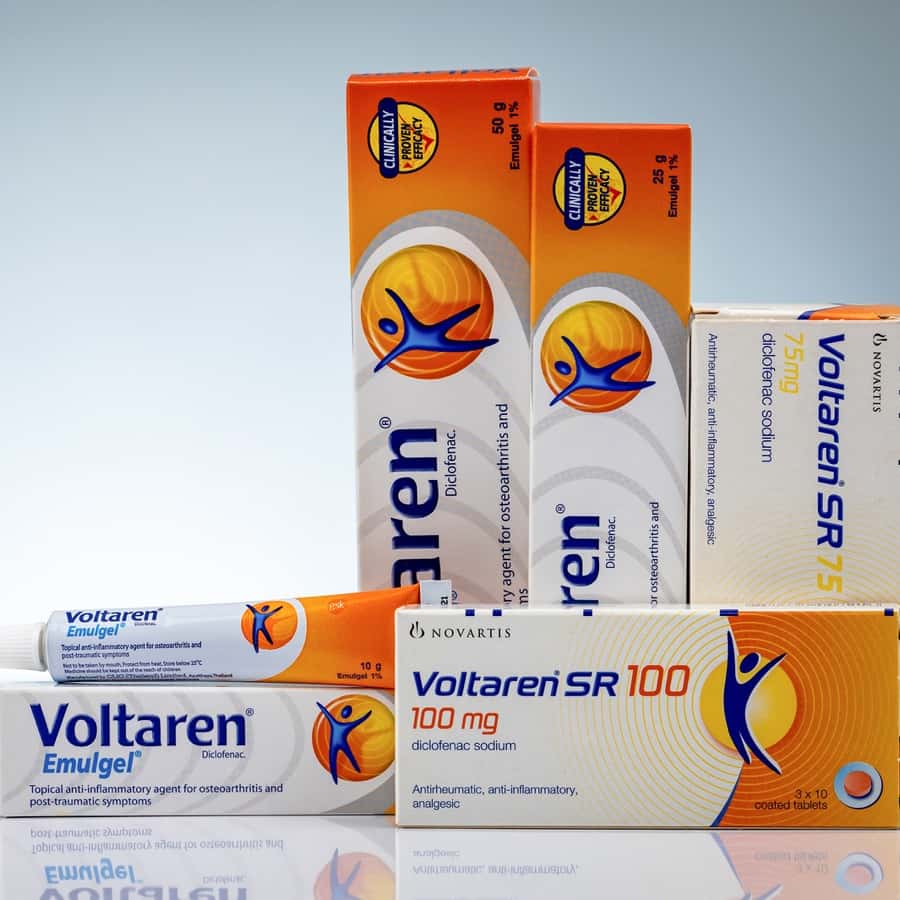
Nonsteroidal anti-inflammatory drugs (NSAIDs) are among the most popular pills in the drugstore. People can buy them without a prescription and use them to treat nearly any type of pain. Although the label warns against use for more than ten days except under medical supervision, not everyone pays close attention to such warnings. But you should. Could that pain reliever interact with other medicines you take?
Could Your Pain Reliever Interact with Your Anticoagulant?
Q. My “tennis” elbow has come back with a vengeance. It has been bothering me for quite a bit longer than it ever has in the past.
I can’t use oral NSAIDS because I take Eliquis, but my primary care physician says I can use the diclofenac sodium topical gel (1%) for as long as I need it. She knows I take a blood thinner. Is this really okay?
A. You are right to avoid oral pain relievers such as ibuprofen or naproxen, since these NSAIDs can cause gastrointestinal irritation. With apixaban (Eliquis) in your system, you could end up with a bleeding ulcer. (See what we have written about this possibility here.) In addition, naproxen also enhances the absorption of Eliquis, increasing its blood levels (Frost et al, British Journal of Clinical Pharmacology, Oct. 2014).
Your doctor is right about diclofenac gel, however. Drug interaction experts Drs. John Horn and Philip Hansten have written about NSAID and anticoagulant interactions.
They note that
“The use of topical NSAIDs is not considered to increase the risk of bleeding” (Pharmacy Times, Dec. 21, 2017).
Learn More:
We discuss the pros and cons of topical diclofenac (Voltaren Gel) as well as salsalate and nondrug approaches in our eGuide to Alternatives for Arthritis.

